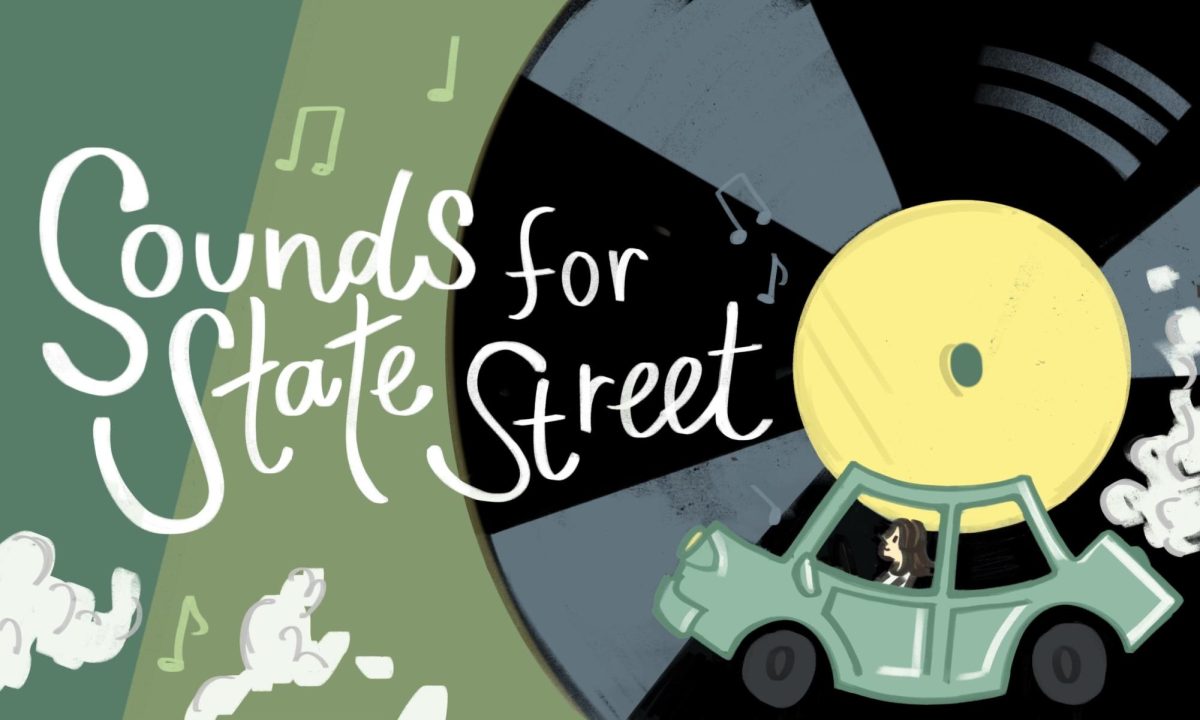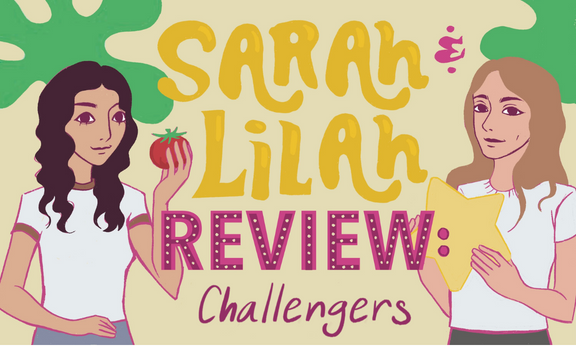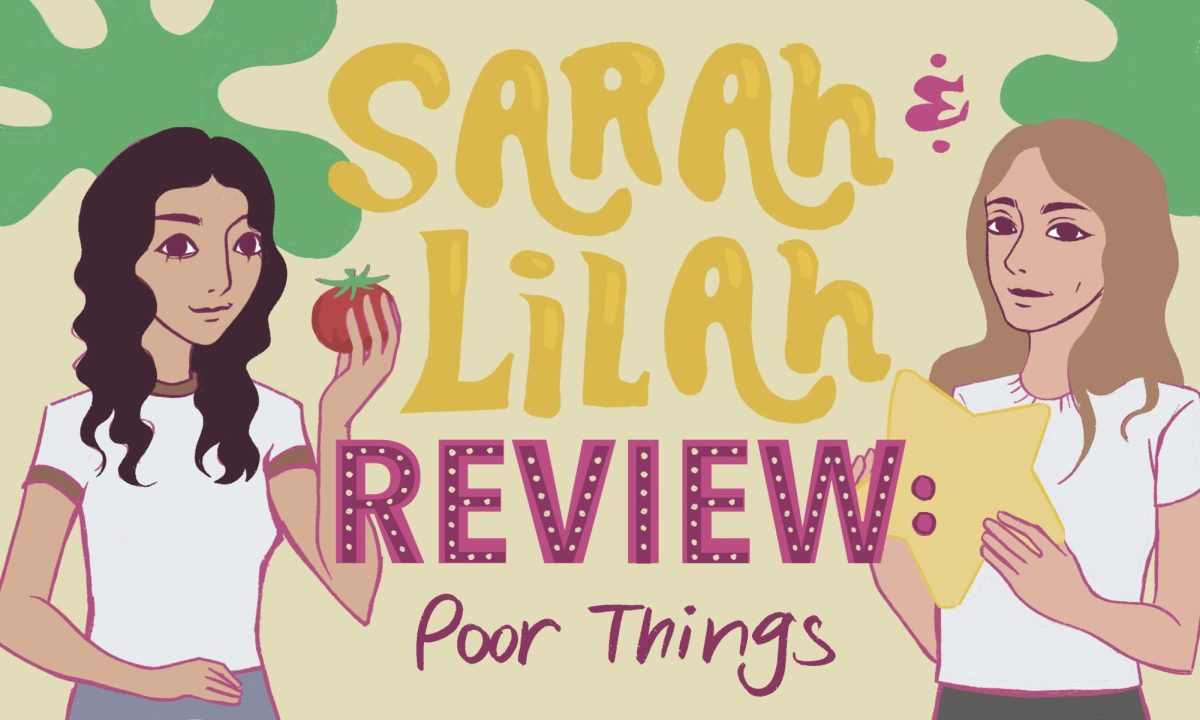Sam the Banana Man staged one of the most outstandingly successful disasters in history. Let’s peel back his story.
In 1893, newly-arrived Russian immigrant Shmuel Zmurri stowed away on a freight train to Selma, Alabama. He was only fourteen. He didn’t have a plan. But soon he would become Sam, the Banana Man.
Working odd jobs to keep himself afloat, Sam found his calling while unloading shipments of bananas imported from Central America. Ever the industrious sort, he’d pick out the over-ripe bananas that couldn’t be put on the market and deal them to local grocers himself. By 1903, Zmurri Americanized his last name to “Zemurray” and started his own company—Cuyamel, a precursor to the still-famous Chiquita banana corporation. Sensing an opportunity to get the corner market on what was then a rare commodity in the United States, Sam utilized a two-part plan to monopolize the banana industry. First, he established his own shipping line importing bananas to the United States from Honduras. Then, he worked his way up to a powerful position within the United Fruit Company, the world’s largest controlling power in the fruit industry. With his bunch of shrewd marketing tactics, Sam integrated bananas as a staple food product in American households.
Sam’s passion was political, too—and his complicated actions left lasting impacts on the 20th century.
Sam the Banana Man was also Sam the Businessman, and he put his company’s best interest well above all else—including foreign law. Much of Sam’s business took place in Honduras. There, the banana industry boomed—but at a cost, with high taxes and strict trade regulations limiting the amount of agricultural land foreigners could own. Sam thought these regulations were bananas and that the time was ripe for an overhaul of the Honduran government. He conspired with Honduras’ ex-president Manuel Bonilla and the American mercenary General Lee Christmas to orchestrate a military coup. Sam’s goal? Overthrow the nation’s civil government and install a military government that would benefit foreign businessmen looking to do fast, efficient, profitable trade in South and Central America.
Sam’s banana coup went flawlessly. The small, private revolution threw the Honduran economy into political and financial turmoil—just as intended. Amid the chaos, Sam and his associates were able to capitalize on the Honduran government’s debt and the population’s poverty, as well as newly reinstated president Bonilla’s gratitude. Sam was granted 2 million acres of Honduran banana land and a permit to import bananas without tax. The nation became, essentially, one giant, corporate-run fruit factory—the original “Banana Republic.”
While his dubious dealings threw the Central American economy into chaos, Sam and his bananas simultaneously contributed to social and intellectual progress in the United States.
Between selling bananas and overthrowing governments, Sam found time for philanthropy. He put those sweet banana bucks towards several charitable projects, including New Orleans’ first dedicated hospital for Black women, multiple research institutes at Tulane University, the Boston Symphony Orchestra, The New School, and Harvard University. He also founded an agricultural college that welcomed students from across North, South, and Central America. To this day, the Zemmuray Foundation donates millions of dollars annually, mostly to education and health initiatives in the American South.
Over the course of his fruitful career, Sam the Banana Man wore many—often contradictory—hats. Whether resourceful entrepreneur, marketing genius, military tactician, generous humanitarian, or exploitive industrialist, one thing is certain: his complex legacy continues to impact our lives today, from international borders to breakfast buffets. That’s just, well, bananas.




























![Dr. Zanita Kelly, Director of Lower and Middle School, pictured above, and the rest of Westridge Administration were instrumental to providing Westridge faculty and staff the support they needed after the Eaton fire. "[Teachers] are part of the community," said Dr. Kelly. "Just like our families and students."](https://westridgespyglass.org/wp-content/uploads/2025/03/dr.-kellyyy-1-e1748143600809.png)


































